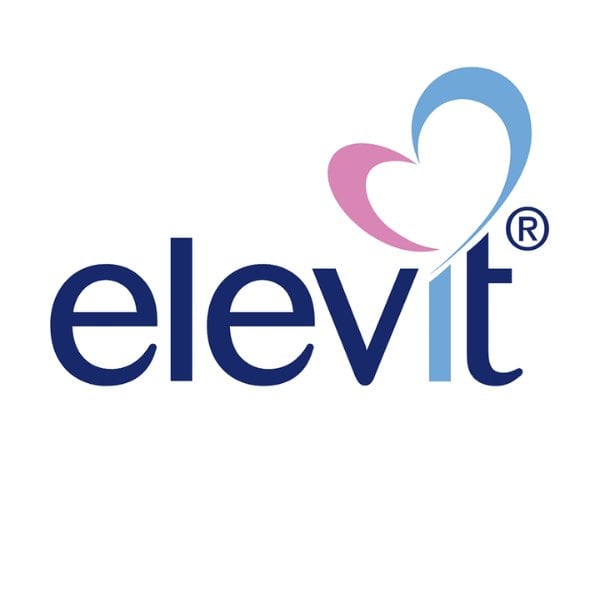

This won’t come as a surprise to anyone, but making the call to start a family with your partner is kind of a big deal.
It’s certainly not a decision to be taken lightly, and there’s so much to consider before taking the plunge. There’s the question of labour distribution (who will be the primary carer at which points?), the conversations about logistics (where would we actually put a child?) and the even bigger, more exciting questions about what you both want your lives to look like in the future.
And then, try as you might to avoid it… there are discussions about finances.
When my partner and I first started tentatively talking about having kids, the financial conversations were a big roadblock for me. My version of a practical conversation about our family’s future involved wondering what colour eyes our babies might have. I emphatically did not want to look at a spreadsheet breaking down our family budget if I took time out of the workforce. I admit – although I’m slightly embarrassed to look back on it now – that my partner had to work way too hard to get me thinking about what our finances would look like if we became parents.
Now we’re expecting baby number two, things have changed dramatically. I know how important it was for my partner and I to get on the same page about money before our first baby was born, so without further ado, here are the three money conversations I think it’s worth opening up with your partner before deciding to have kids together.
Decide where you’ll spend and where you’ll save.
When it comes to budgeting, all the spreadsheets in the world can’t replace a shared “money ethos” – a meeting of the minds when it comes to the type of thing that’s worth spending your hard-earned cash on. If you’ve already shared finances with your partner for a while, you’ll probably have had this discussion in relation to everyday expenses, but having kids throws a whole new set of spending decisions into the mix.

